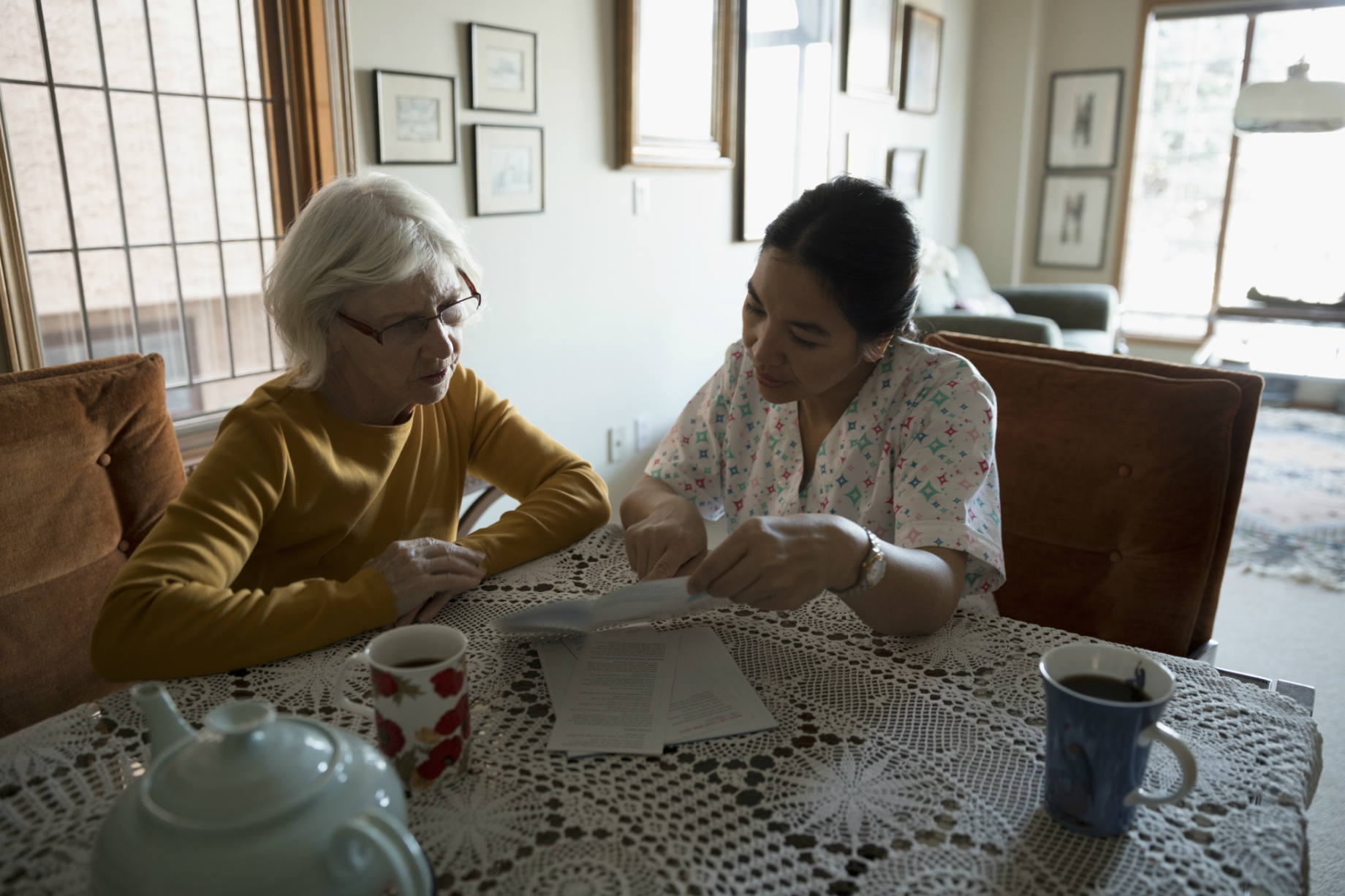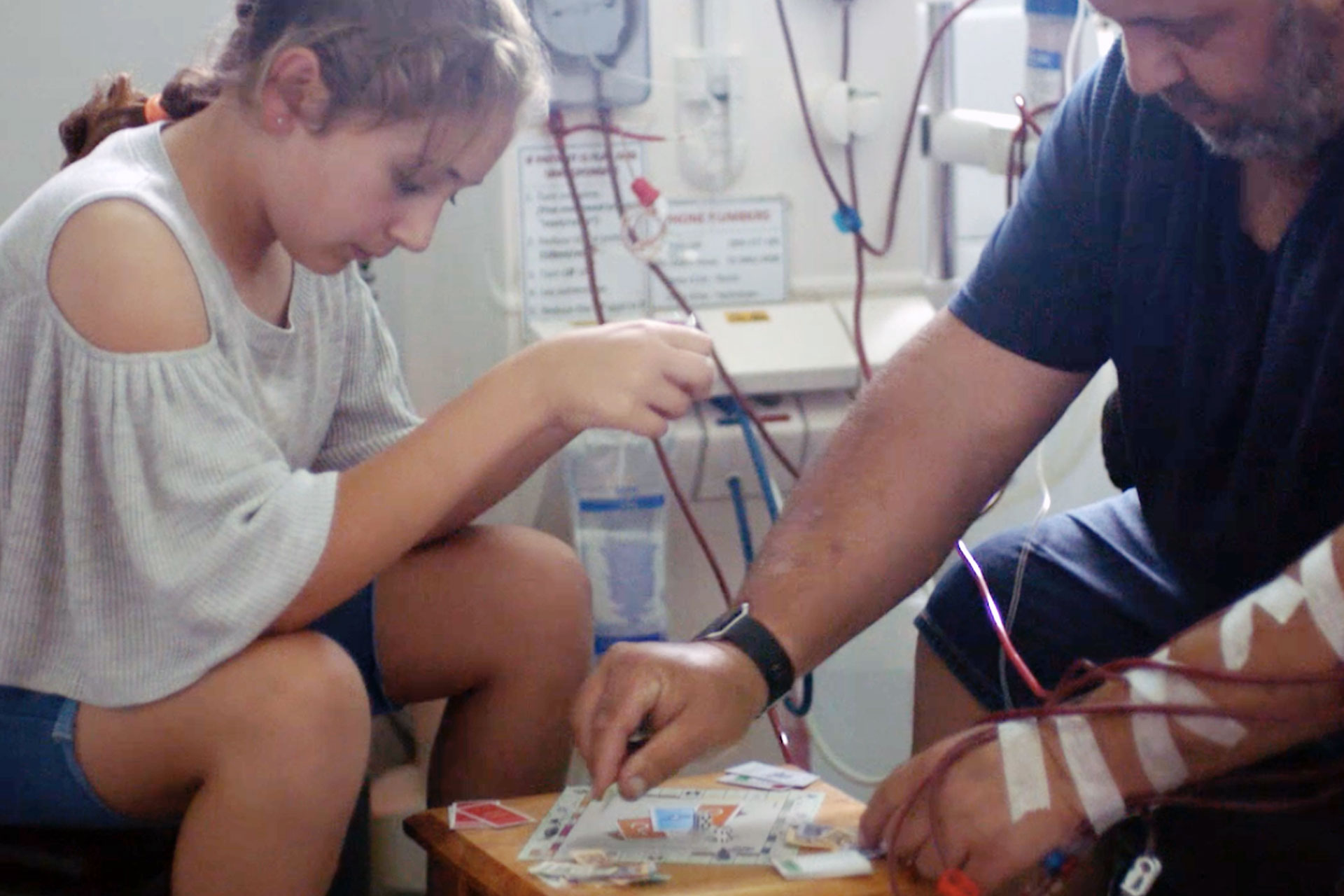-
Some people find it hard to admit they need assistance or extra care. However, for most people, there comes a time that living independently is no longer an option. If you’re concerned about a loved one’s health or safety, it might be worth thinking about extra support. This could mean assistance around the home, or moving into an aged care facility.
Care Guidance is a leading company helping Australian families find aged care. They provide independent advice, negotiate with care providers and help make the transition into aged care easy, every step of the way. To help you gauge where your loved one is at, Care Guidance CEO Lydia Paterson shares some tell-tale signs that it may be time to consider aged care.
Regular falls or accidents
If your loved one recently had a fall, or even multiple falls, this could be a sign they need some extra care. Things like getting in and out of the bathtub, navigating wet floors or managing the garden can become difficult to do safely. When these tasks become a struggle, or your loved one is avoiding them out of fear of falls, this could greatly impact quality of life, and put their health at risk. When it comes to accidents, it’s also worth considering extra support if any of the following seem to be happening often:- Injuries from cooking or other daily tasks
- Leaving the stove/oven on or other safety concerns
- Fear of driving at night or long distances.
Empty cupboards or refrigerator
Having limited food in the house could be a sign that your loved one is having trouble shopping for themselves. Other signs could be expired or mouldy food in the cupboards, or stacks of frozen meals and veggies rather than fresh ingredients. When your loved one can no longer prepare good, wholesome meals, assistance with groceries and cooking might be a good idea.Difficulty moving around without help
Often conditions like arthritis, or fractured/broken bones after a fall can make moving around hard. If your loved one is becoming frail or experiencing pain when moving, simple tasks like running errands or visiting family and friends can become challenging. If your family member is staying home because getting out and about is too hard, or moving from room-to-room is interrupting daily routines, they may be in need of extra help.Depending on the severity of their condition, this could mean they need a mobility aid such as a walker, require safety equipment installed around the home, or potentially need to move to a safer environment where assistance is more readily available.
Forgetting to take medications
As people age, medication is often required to keep them in tip-top shape. However, remembering to take it is another story. If you notice your loved one is missing their medication on a regular basis, help at home may be required to ensure their health doesn’t deteriorate. Typical signs your loved one may be struggling to keep up can include:- Forgetting to fill scripts and running out of medication
- Expired bottles or packets
- Tablets left untaken in their webster or blister packs.
Deteriorating health
If you notice your loved one is thinner than usual, or that their clothes are not fitting properly, this could be a sign they’re struggling to prepare proper meals, or forgetting to eat. Likewise, if they seem to be frequently catching colds or flus, or minor complaints turn into bronchitis or pneumonia, they may be struggling to maintain a nutritional diet.Untidy home or garden
If your loved one is becoming forgetful, or experiencing trouble moving around, it can be difficult to keep up with chores around the house. Typical signs your loved one may need some extra assistance around the home may include:- Overgrown lawn or garden
- Wilted house plants
- Laundry, dishes or other clutter piling up
- Piles of unread mail
- Wearing the same or unwashed clothes
Acknowledging it’s no longer safe for your loved one to live independently can be tough. It can also be a difficult subject to broach -- particularly if your loved one doesn't agree. If you need help getting your head around the transition into aged care, Care Guidance may be able to help. From tips on how to start the conversation to understanding types of care and managing paperwork, Care Guidance can walk you through the process. Call Care Guidance on 1300 442 383 for a chat or visit careguidance.com.au.
Signs your elderly loved one may need assisted care

-
Innovating for members living with chronic disease
Medibank is supporting our members living with chronic diseases such as heart disease, arthritis, and diabetes, through our CareComplete programs.
-
Medibank’s palliative care at home trial
Giving our customers choice in where they would like to receive their end-of-life care can provide dignity, privacy and help them retain control over the care they receive.
-
How your phone habits affect your sleep
And what it means for your mental health, hormones and more.
-
Medibank trialling haemodialysis at home
Giving members with chronic kidney disease more choice
-
The origins of western and eastern medicine
Two schools of thought explained
-
Almost half of hospital patients are looking for more support
Find out how Medibank is helping.
Subscribe to receive the best from Live Better every week. Healthy recipes, exercise tips and activities, offers and promotions – everything to help you eat, move and feel better.
By clicking sign up I understand and agree to Medibank's privacy policy






